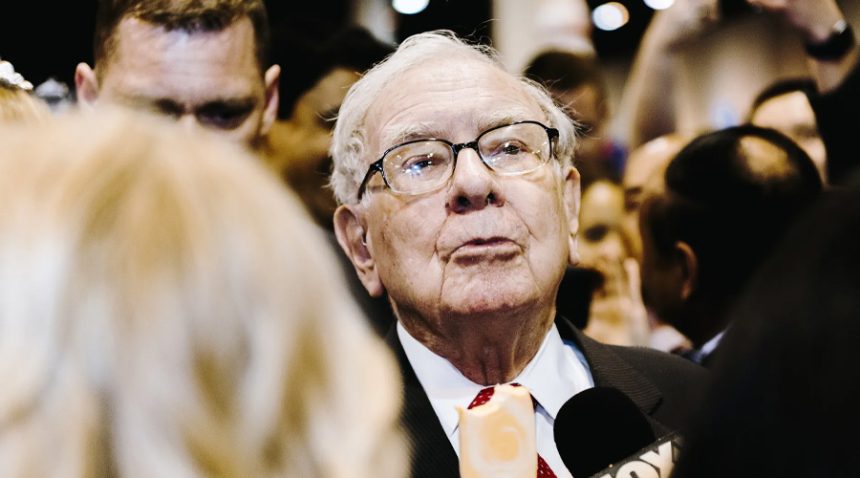Berkshire Hathaway disclosed acquiring 5% stakes in each of the five Japanese trading houses
Warren Buffett’s strategic investment in Japan’s five major trading houses—Mitsubishi Corporation, Mitsui & Co., Sumitomo Corporation, Marubeni Corporation, and Itochu Corporation—has emerged as a significant development in global finance. This move underscores a shift in Berkshire Hathaway’s investment approach, reflecting confidence in the resilience and potential of these diversified conglomerates.
The Genesis of the Investment
In August 2020, Berkshire Hathaway disclosed acquiring 5% stakes in each of the five Japanese trading houses, marking a notable diversification from its traditionally U.S.-centric portfolio. These companies, known as “sogo shosha,” operate across various sectors, including energy, metals, food, and textiles, providing a broad exposure to global markets.
By March 2025, Berkshire had increased its holdings to as high as 9.8% in each firm, with the total investment valued at approximately $23.5 billion at the end of 2024. This escalation reflects Berkshire’s growing confidence in the long-term prospects of these enterprises.
Strategic Alignment and Rationale
Buffett’s investment aligns with his value investing philosophy, focusing on companies with strong fundamentals and consistent earnings. The Japanese trading houses, with their diversified operations and global reach, fit this criterion. Their business models resemble Berkshire’s own structure, encompassing various industries and emphasizing long-term growth.
Moreover, Japan’s low-interest-rate environment and the opportunity to finance investments through yen-denominated bonds added financial attractiveness to the deal. The trading houses’ commitment to shareholder returns, through dividends and share buybacks, further enhanced their appeal.
Performance and Financial Metrics
The trading houses have demonstrated robust financial performance. For instance, Marubeni reported a 7% increase in net profit for the fiscal year ending March 2025, reaching 503 billion yen ($3.5 billion), surpassing analysts’ forecasts. Itochu projected a record net profit of 900 billion yen, maintaining a 50% shareholder payout ratio and planning a 150 billion yen buyback.
These results underscore the trading houses’ ability to generate stable earnings and return value to shareholders, aligning with Berkshire’s investment criteria.
Implications for Global Markets
Buffett’s investment has broader implications for global markets. It signals a renewed interest in Japanese equities, potentially attracting other international investors to consider opportunities in Japan. The move also highlights the strategic importance of diversified conglomerates in navigating global economic uncertainties.
Furthermore, Berkshire’s endorsement may encourage Japanese companies to continue enhancing shareholder value, aligning with global corporate governance standards.
Long-Term Commitment and Outlook
At Berkshire’s 2025 annual shareholder meeting, Buffett expressed a long-term commitment to these investments, stating an intention to hold the shares for the next 50 years or longer. Vice Chairman Greg Abel echoed this sentiment, emphasizing the potential for enduring partnerships.
This steadfast approach reflects confidence in the trading houses’ ability to adapt and thrive amid evolving global economic landscapes.
Buffett’s substantial investment in Japan’s trading houses represents a strategic bet on the resilience and growth potential of these diversified conglomerates. It underscores a broader shift in investment strategies, recognizing the value of global diversification and long-term partnerships. As these trading houses continue to perform and adapt, they stand as pivotal players in the global economy, with Berkshire Hathaway as a committed stakeholder in their journey.





